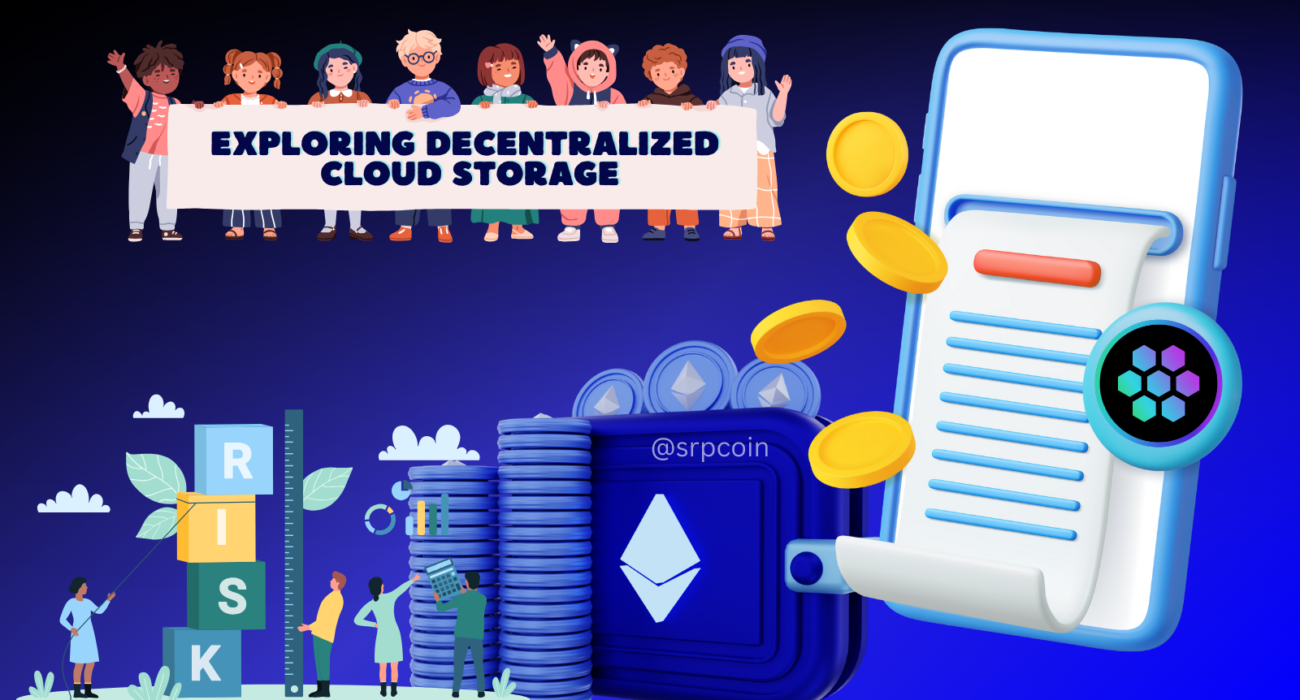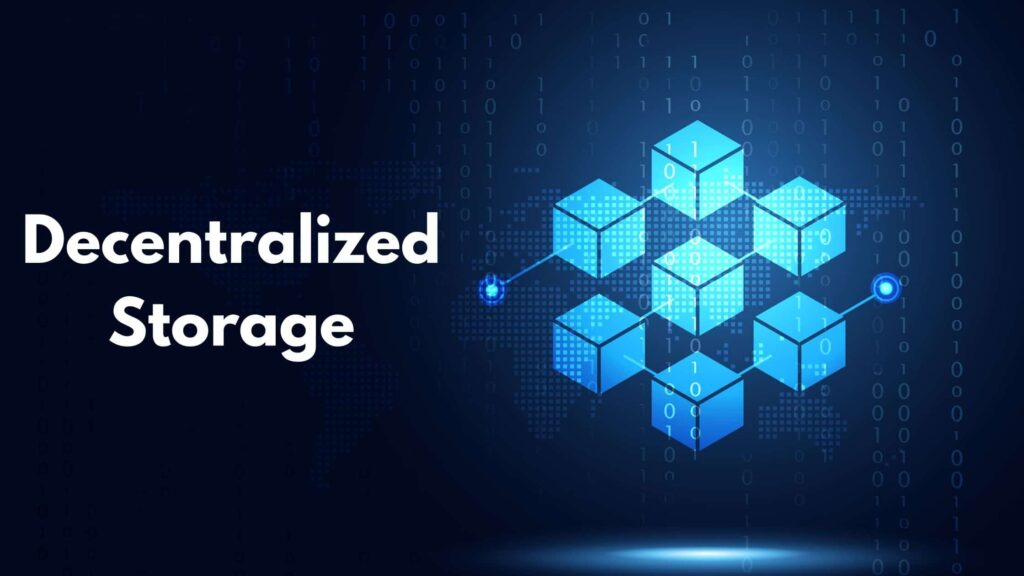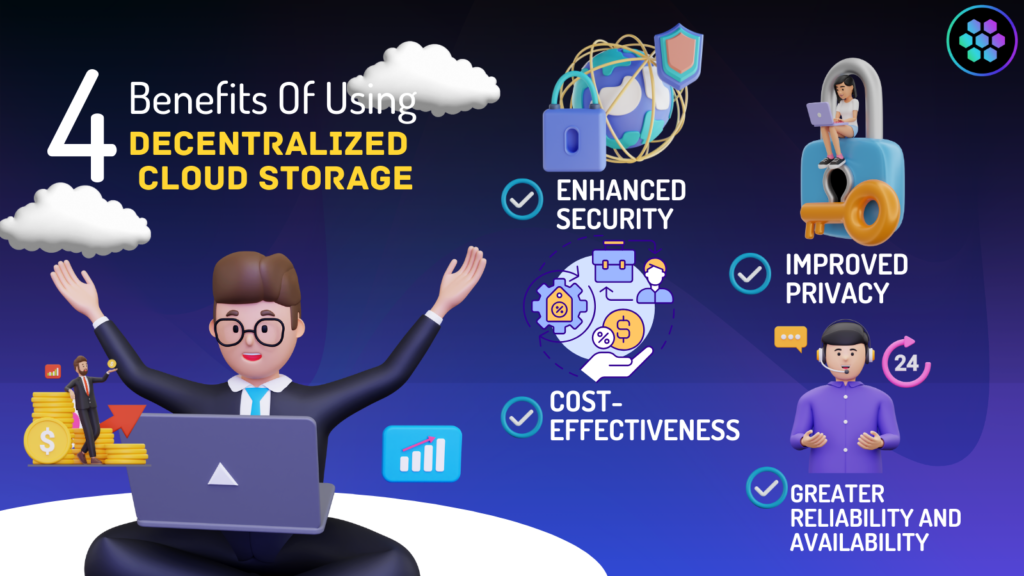Decentralized cloud storage revolutionizes data management by distributing vault tasks across a network of nodes rather than relying on centralized servers. This innovative approach enhances data security, scalability, and accessibility while mitigating the risks associated with single points of failure. In this blog, we delve into the intricacies of decentralized cloud storage, exploring its advantages, challenges, and implications for data management in the digital age. Join us as we embark on a journey to understand the transformative potential of decentralized cloud storage and its role in shaping the future of data storage solutions.
Overview of Decentralized Cloud Storage
Decentralized cloud storage marks a significant departure from traditional centralized systems, distributing data across a network of nodes. This innovative approach enhances data security and resilience by eliminating single points of failure. Additionally, decentralized storage leverages blockchain technology to ensure data integrity and privacy, providing users with greater control over their digital assets.
Importance of Data Storage Solutions
Understanding Decentralized Cloud Storage
Definition and Concept
Decentralized cloud storage fundamentally redefines the traditional notion of data vault by dispersing information across a network of interconnected nodes. This approach diverges from centralized models, where data is typically stored on a single server controlled by a central authority. Instead, decentralized cloud storage operates on the principle of distribution, where data is fragmented and distributed across multiple nodes, ensuring redundancy and resilience. This paradigm shift empowers users by granting them greater control over their data and reducing dependency on centralized entities.
Key Components and Infrastructure
The infrastructure of decentralized cloud storage comprises several key components, each serving a unique purpose in the network’s operation. These components include decentralized storage protocols, peer-to-peer networks, and blockchain technology. Decentralized storage protocols govern how data is distributed and managed across the network, ensuring fault tolerance and data integrity. Peer-to-peer networks facilitate direct communication and data exchange between network participants, eliminating the need for intermediaries. Blockchain technology, often integrated into decentralized storage platforms, provides a secure and transparent framework for data authentication and validation.

 China
China Russia
Russia India
India














10 Comments
555
555
555
555
555
555
555
-1 OR 3+857-857-1=0+0+0+1